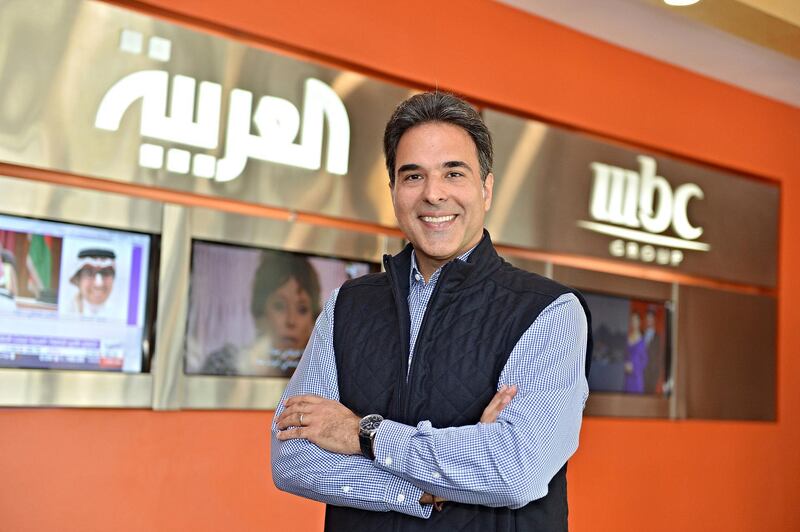The sudden removal of hit Turkish dramas from MBC over the past few days is set to continue for the foreseeable future.
The pan-Arab broadcaster based in Dubai has confirmed to The National that it received instructions to remove all Turkish programming from all of its channels, including Egypt's MBC Masr, until further notice.
MBC Group spokesman Mazen Hayek would not comment on who was behind the decision or whether it came from inside or outside of the company.
"There is a decision that concerns several media outlets in many Arab countries that Turkish dramas are to be taken off air, including MBC," Mr Hayek said. "That was from 1am Saudi Arabian time on March 2."
The decision has affected six shows, including the new crime drama Al Dakheel, which is now paused on its fifth episode, while fans of the period drama Anta Watani (You Are My Nation) will be frustrated with the show stuck at the 84th episode.
While Mr Hayek would not comment on the other channels affected, the directive does not seem to apply to Dubai TV which, according to its published schedule online, continues to screen the drama Sultana Kosem at 9pm, five days a week.
The online streaming service Netflix is also showing almost 20 Turkish programmes, including the 2011 historical drama The Magnificent Century and the 2009 espionage thriller and the Gulf smash hit Ezel.
Ezel was so popular in the region during its initial screening that the show's cast flew to Dubai for a meet and greet with fans in 2011.
Turkish dramas have been gaining a foothold in the Arab world for more than a decade.
Dubbed in Arabic, the programmes have pipped traditional leaders Egypt and Syria (the former due to poor scripts and the latter because of the present conflict crippling the Syrian TV industry) with their multi-faceted storylines, high production values and serene landscapes.
Their controversially liberal take on relationships also resulted in 2008's Noor becoming a runaway hit in the region. The show's final episode, airing on MBC, reportedly had 80 million viewers from the Arabian Gulf to Morocco.
Noor's landmark success ushered a seemingly endless wave of Turkish drama, ranging from the melodramatic What Is Left of Love? and Innocent Dreams to grittier offerings including Yesterday's Scent and Ezel.
"We are a country both very close to Arabic countries and very far way," Ezel co-creator Kerem Deren told The National in 2011.
“And because of that, I think there is a fantasy to it. When I spoke to fans in Abu Dhabi, a lot of them said the same thing: that they loved it straight away but at the same time the show is a little bit strange for them.”
Mr Hayek says the decision could result in some positives for the regional television industry.
“It could be an opportunity for all of us to produce premium Arabic dramas with more quality,” he said.






